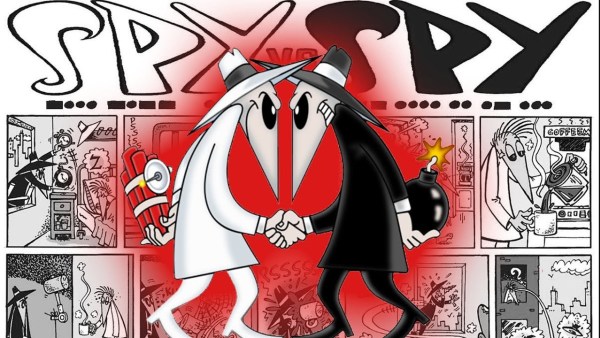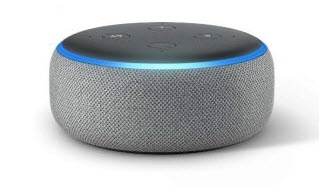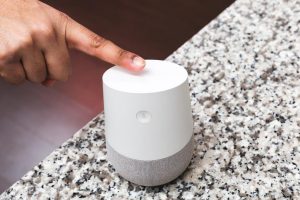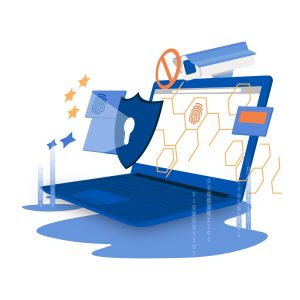Privacy is for People
Why do Companies Need Cybersecurity?
Have you ever heard a company talk about privacy when they are discussing a massive hack and theft of your data? Why is cybersecurity such a buzzword when simple privacy would solve so many issues related to technology? News of companies getting hacked by professionals working for the intelligence community, military, or organized crime continues daily. In response, an entire industry of consultants, hackers, and cyber professionals working to offset this threat has developed. It is literally a game of Spy vs Spy in the digital world, where sometimes the professionals switch “colors” between Black and White.

What Does Cybersecurity Protect?
Cybersecurity broadly speaking is a set of practices, procedures, and technologies designed to protect digital technology resources. Recently, I had the chance to talk to some professors and researchers in the area of Cybersecurity about training and preparation of the “next generation” of Cyber Warriors (“Good Guys”). What struck me as fantastically interesting was the fact that nowhere in the discussion of cybersecurity did the issue of privacy rear its head. In fact, when I brought up privacy and cybersecurity it seemed laughable to the audience and something beneath consideration. I don’t believe the response was out of any malice or disdain toward individuals but the simple fact that privacy isn’t part of the practice of Cybersecurity tells us something important.

Alexa is Always Listenting
Privacy is for People
To be fair, Cybersecurity practitioners say things like, “The quieter you become the more you are able to hear” and imply that stealth and misdirection are powerful tools in understanding the digital landscape invisible to human senses. In that sense, privacy – or stealth, at least – could be seen as a fundamental tool of the professional or experienced Cybersecurity expert.
But when referring to Cybersecurity, we are talking about professionals – people paid for their expertise – to work on or with corporate systems of relatively high value. And here is where the economics of privacy comes into the picture. The corporate database of a large bank, insurance company, or online retailer has a fairly obvious value to the digital thief; names, addresses, credit card numbers, Social Security numbers, medical history, tax information, etc. And all that data is valuable on the black market as a means to perpetrate crimes related to fraud – a very lucrative criminal business!

Facebook Portal
Why Don’t People have Cybersecurity?
Have you ever heard of the Tragedy of the Commons? It is a story about how anything without clear ownership rights is likely to be overused by everyone. Think of the open field at the end of your block and how everyone uses it to dump landscaping, walk their dog, and deposit anything unwanted and ask yourself who cleans it up? That’s where your data resides right now – in the commons.
All of your Smartphone GPS data, web site traffic, Smart TV viewing, Alexa, Siri, and Google voice interactions, News Consumption, and everything else you do with technology; it’s all up for grabs. Anyone who can get it can do whatever they want with it.

You should decide when to share!
Can you turn your device off?
Your Life is Intellectual Property
Now, what is interesting is that as soon as you give your data to a company then it is magically transformed into legally protected property called “intellectual property”. Isn’t that fascinating? You sitting in your living room surfing the web and shopping for products is just you living your life until the point it becomes part of some Amazon algorithm for prioritizing product placement and advertising. Your time spent downloading streaming television is just you living your life until it is part of the Netflix algorithm for recommending new shows, measuring how long people will watch at a time, how many episodes they will consume, or what topics are popular. Your banking records are just boring receipts you (might someday) review until they are sold as marketing data to companies who want to sell to people like you, in your neighborhood, and income bracket.
Intellectual Property is Money
What is really interesting about all of this is that as these valuable data sets accumulate and are “monetized” by companies they become part of the economy – part of daily business for companies large and small. What happens if that flow of data is compromised, cut off, curtailed, or suddenly metered in a way companies dependent on it cannot control? There is clearly a strong incentive to make sure the data continues to flow. Companies want to obscure what activities they monitor; they want to hide what data they need to continue to benefit from watching you; they don’t want you to know what information has “added value” from its analysis and resale to 3rd parties.
Isn’t Intellectual Property Movies and Music?
Let’s just look at this another way. Some people still imagine that companies Cybersecurity is about protecting assets like film footage from movies, or studio production tracks from recording sessions with music artists, or secret plans for the next Apple computer (duh, it’s another iPhone). Sure, that is some of it. But think through it – movie studios are going to release their new film on every viewing platform conceivable and simply price in the cost of it being pirated (which is efficient compared to infallible security). New music plays for free on the radio, Pandora, Alexa, YouTube, and (my personal favorite) HypeMachine. The only Secret Technology platform that is worthy of being protected is housed at Wright-Patterson AFB. Here’s the secret: you are the Intellectual Property.[/glossary_exclude]
recent posts
You may already have a formal Data Governance program in [...]

